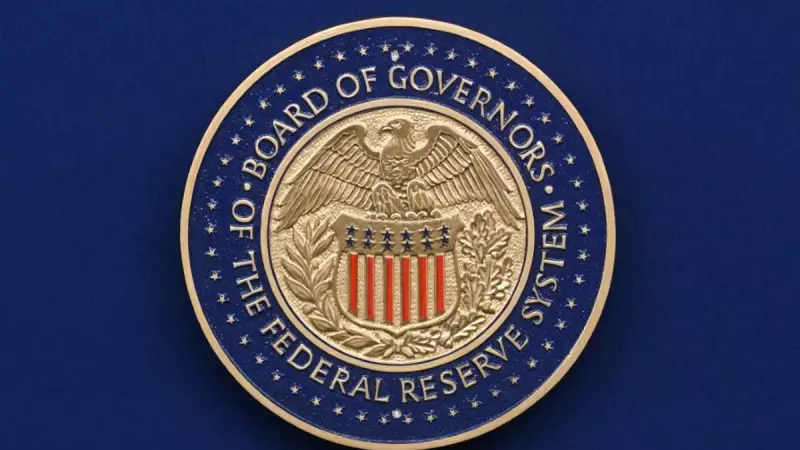
In a significant development that has captured global attention, a top US Federal Reserve official has broken silence on the controversial decision to maintain current interest rates despite persistent inflation pressures.
The Reasoning Behind the Rate Pause
Federal Reserve Governor Philip Jefferson, speaking at a recent financial conference, defended the central bank's position to keep interest rates unchanged. The official emphasized that skipping a rate hike in June doesn't necessarily mean the Fed has concluded its tightening cycle.
'This decision to skip does not mean we have reached the peak,' Jefferson stated, indicating that future rate increases remain firmly on the table if economic conditions warrant.
Inflation Concerns Remain Paramount
Despite the pause, Jefferson made it clear that inflation remains unacceptably high. The Fed's preferred inflation gauge continues to run well above the central bank's 2% target, creating ongoing concerns for policymakers.
'Inflation has started to abate but still has a long way to go,' the Fed governor acknowledged, highlighting the delicate balancing act facing monetary authorities.
What This Means for Nigeria and Global Markets
The Federal Reserve's decisions carry significant implications for emerging markets like Nigeria. US interest rate movements typically influence:
- Global capital flows
- Foreign exchange rates
- International investment patterns
- Commodity prices
For Nigerian businesses and investors, understanding the Fed's direction provides crucial insights for strategic planning and risk management in these uncertain economic times.
The Path Forward
Looking ahead, Jefferson suggested that the Federal Reserve will continue to monitor economic data closely. The central bank remains committed to bringing inflation back to its 2% target while being mindful of not overtightening and causing unnecessary economic damage.
The coming months will be critical as policymakers assess whether current measures are sufficient or if additional rate hikes become necessary to tame stubborn inflation.





